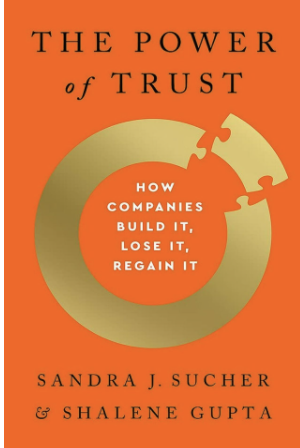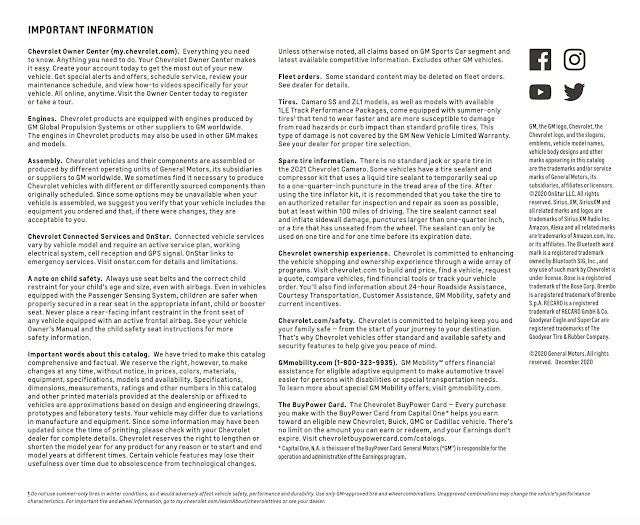People who know me and work with me know that I might be the last person in advertising to actually believe in advertising. Or, if that's going too far, maybe we can just say I'm the last person in advertising to quote Dr. Samuel Johnson.
That sentence, and Carl Ally's from 65 years ago, "We impart useful consumer information in an executionally brilliant way," have always guided me.
I'm old fashioned, I know.
Somebody needs to be. Like George Bailey, I was born old. And I was born in a shtetl (Yonkers) and you don't out-grow that.
Born old means I don't over-promise.
I don't exclaim.
I don't prevaricate.
I don't say one thing when I mean another.
I avoid jargon and cliches.
Yet, most commercials I see today--from ubiquitous car ads with some shapely thing selling some shapeless thing for $299/month, or some oligopolistic telco selling dropped calls for $49/month, or some oligopolistic cable company bait-and-switching you for programming you can't stand, or a raft of pharma companies polluting the airwaves with hotdog-fingered disclaimers for the claims they've made--are so full of half-truths, un-truths, deceptions and lies that it's no wonder that no one believes anything anymore from anyone.
I've been saying since the post-truth era of trump puked upon us that the key aim of advertising today should be re-establishing trust.
You do that by telling the whole truth.
Plainly and simply.
In meaningful ways.
Over and over.
Truth is in every action your brand takes.
In how you charge.
In how you make things.
In how you pay people.
In how you hire and fire.
And so on.
As Mr. Keats said back in 1819 (he'd never get a job today)
‘Beauty is truth, truth beauty,—that is all
Ye know on earth, and all ye need to know.’
An agency could do worse than posting those words over reception. Assuming reception hasn't been replaced by a magnetic card and a whiteboard.
Just now, I read a book review in the Wall Street Journal--the cheery, fascist, Murdoch-owned newspaper that has the best book section in America. I'd stop reading the WSJ in a minute, save for that book section. But articles by Mike Pence and Karl Rove notwithstanding, I can't quite let the Journal go.
The review is of a book called "The Power of Trust," When Reliable is Possible. You can see the review here--but only if you can get through the Journal's Staasi-derived paywall. Because you can't, I'll do some selective summarizing.
The review starts out like this. Too good a paragraph not to copy in its entirety. It's not every day someone other than me quotes Ralph Waldo Emerson:
"Ralph Waldo Emerson is rarely invoked when people are discussing business and national economies, but he captured a nice point when he observed that “distrust is very expensive.” When individuals lack confidence in the quality and reliability of the products they’re buying—from meatloaf to mutual funds—commercial exchange is impeded and economic growth thwarted. It’s no coincidence that countries with high levels of distrust have high rates of poverty as well."
The purpose of the book is expressed this way (pay attention agency leaders, clients, and the remaining three people who give a shit.)
"The authors provide an overview of trust’s role in business... describing companies that have fostered trust, lost it or regained it. Their goal... is to provide readers with a road map “to build, improve, recover, or sustain the trust of the people and groups who rely on you, and whom you rely on, to build a thriving business.”
That's a pretty good synopsis of a bona-fide corporate objective, if you ask me. Whether you're a serial liar like Volkswagen, Wells Fargo, Exxon-Mobil, Facebook, Google, Uber or just about anyone else we spend our money on.
I haven't read Sucher and Gupta's book yet. And the WSJ review (which I won't paste here) ends with their typical posture that in the cutthroat world of global business, anything goes. Truth is like driving with your brake on.
That's a position I can't agree with.
I still believe what I think of as a simple truth. People like brands that act like the people they like. trump/republican cultists aside, most people don't like being lied at.
They don't like the 600 words of legal copy in every ad.
They don't like the cognitive dissonance they experience when a company says one thing, or projects one image, and follows another course.
I can only really concern myself with how a company tells people what they do.
Our job is to tell the truth.
To help people believe in the value of the truth.
And to hope the brands we work for have a truth worth telling. Or to convince them to make their products better so we can tell the truth.



No comments:
Post a Comment